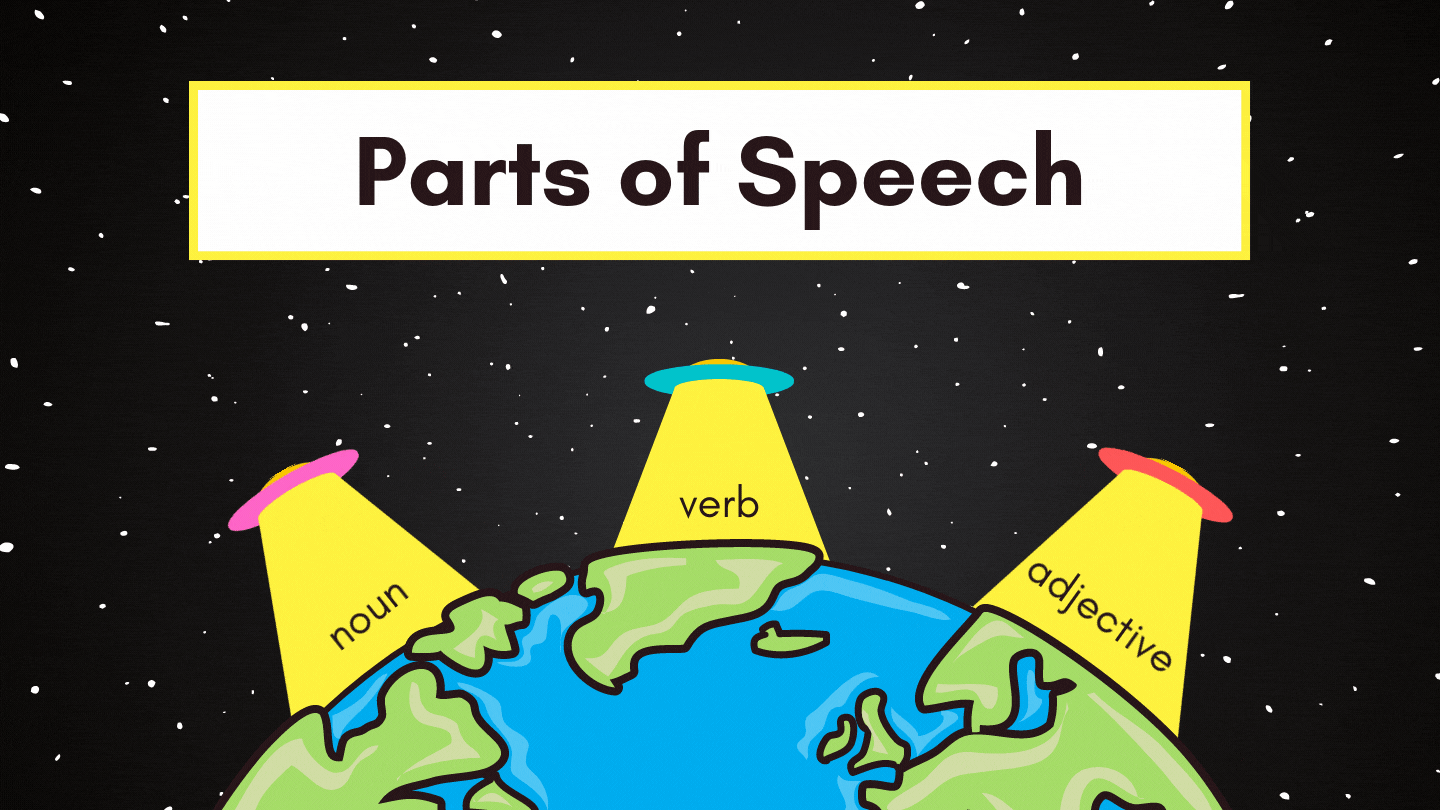
INTRODUCTION TO ENGLISH GRAMMAR
ENGLISH IS A GERMANIC LANGUAGE OF THE INDO-EUROPEAN FAMILY. It is the language of the Anglo-Saxon world, as well as the lingua franca of the globalized age. There are two voices in English -- active and passive -- along with a kind of middle voice, using ergative verbs.Basic Sentence
A COMPLETE SENTENCE contains the subject (S) plus a predicate (P) containing a verb (V). Sometimes, a linking verb connects the subject with a predicate adjective, for example:I feel hot.
I like you.
You like me
 )
An interesting feature of English is the dummy subject. It is possible to have multiple subjects ("Seals and walruses live near the North Pole"), and it is possible to have multiple objects too.
)
An interesting feature of English is the dummy subject. It is possible to have multiple subjects ("Seals and walruses live near the North Pole"), and it is possible to have multiple objects too.

 )
)
 )
Participles are verbs which act as adjectives, and thus can modify the subject or object of a sentence (for example, "burnt toast", "broken window".) Furthermore, past participles are used to describe how people feel ("broken-hearted"), while present participles are used to describe the actions which make them feel that way ("heart-breaking news").
)
Participles are verbs which act as adjectives, and thus can modify the subject or object of a sentence (for example, "burnt toast", "broken window".) Furthermore, past participles are used to describe how people feel ("broken-hearted"), while present participles are used to describe the actions which make them feel that way ("heart-breaking news").
 )
To make a question, the usual sentence order is inverted somewhat. Usually the question starts with a interrogative word like "what" or "who", or a verb conjugated into the interrogative mood (such as "be" or "do"). For example:
)
To make a question, the usual sentence order is inverted somewhat. Usually the question starts with a interrogative word like "what" or "who", or a verb conjugated into the interrogative mood (such as "be" or "do"). For example:
Do you like me? ......... Yes, I do.
 )
In the passive voice, the usual formula can be rendered: S + be/have + past participle. This type of formula is used with other passive structures, such as "Everyone likes being praised."
)
In the passive voice, the usual formula can be rendered: S + be/have + past participle. This type of formula is used with other passive structures, such as "Everyone likes being praised."
More Complex Sentences
MOST SENTENCES comprise of phrases or clauses of some type. The difference between a clause and a phrase is that a phrase does not contain its own subject. Thus, a fragment like "between ignorance and intelligence" is a phrase. One could say that words are like atoms, and phrases and clauses are like molecules. That said, words can be broken down even further into morphemes, but that is another matter! English sentences have four kinds of clauses: the main (or independent), subordinate, relative and noun clauses. Independent clauses make sense when they stand on their own. A compound sentence comprises two independent clauses, joined by a conjunction. Conjunctions express the nature of the relationship between the clauses. "While" for example shows a contrast, whereas "because" explains the reason for something. When we use conjunctions like these in the middle of a sentence, you indicate to the reader or listener that more information is coming. Clauses can act as adjectives, in the case of participle clauses, and relative clauses ("The town where I live is very small.") Here the words "where I live" modify the subject of the sentence. Adverb clauses modify the way something is done: "Whenever it rains", for example. Noun clauses use one of the "question words" like "what" or "why", and modify the subject or the object (in the latter case: "Please tell me WHAT HAPPENED"). When they are objects, the noun phrase follows a verb (as in, "I know how you feel.")Word Families
WHEN IT comes to making word families it is important to remember that languages are primarily about utility and communication, rather than following neat and tidy formulas. The message is more important than the medium, and the context is crucial. Also, languages evolve over long periods of time, which might explain why there are numerous exceptions to the rules that do exist. It's unlikely that the stem of a verb would be used to form an adverb, for example, because adverbs have a different function from verbs. Adverbs which would naturally collocate with "run" would therefore involve speed ("quickly" or “slowly”.) Nouns are usually described by their size, colour and so on. Therefore, we wouldn’t say “a birdlike bird” or a “A doggy dog”, but rather a “small bird”, or a “red dog”. That said, “dog” can actually be a verb (it means to follow someone or something closely, usually in a negative, hounding way). Unfortunately, that is not the case with “cat”, except in some local dialects perhaps. As mentioned in the previous exercise, adjectives can be turned into verbs by adding a “en” suffix, and verbs made into nouns by using suffix “ize” or “ment” (such as “punishment.”)Recommended Websites & Weblogs
Syntax Tree GeneratorAdjectives
Adverbs
Articles
Conjunctions
Nouns
Prepositions
Tenses
Verbs




No files in directory to display. Can't open random/copyright
No files in directory to display. Can't open random/donations
No files in directory to display.
